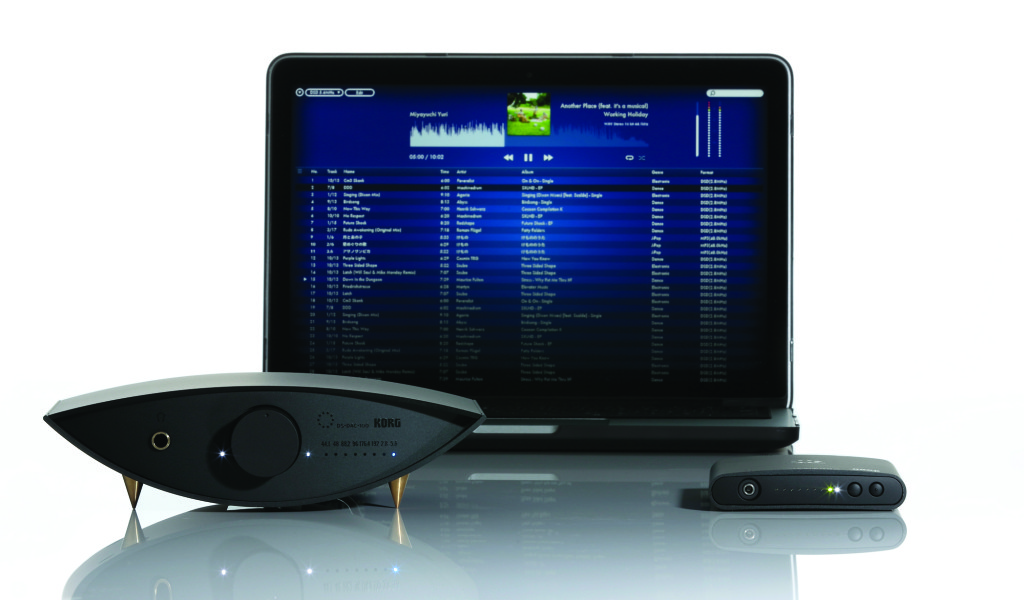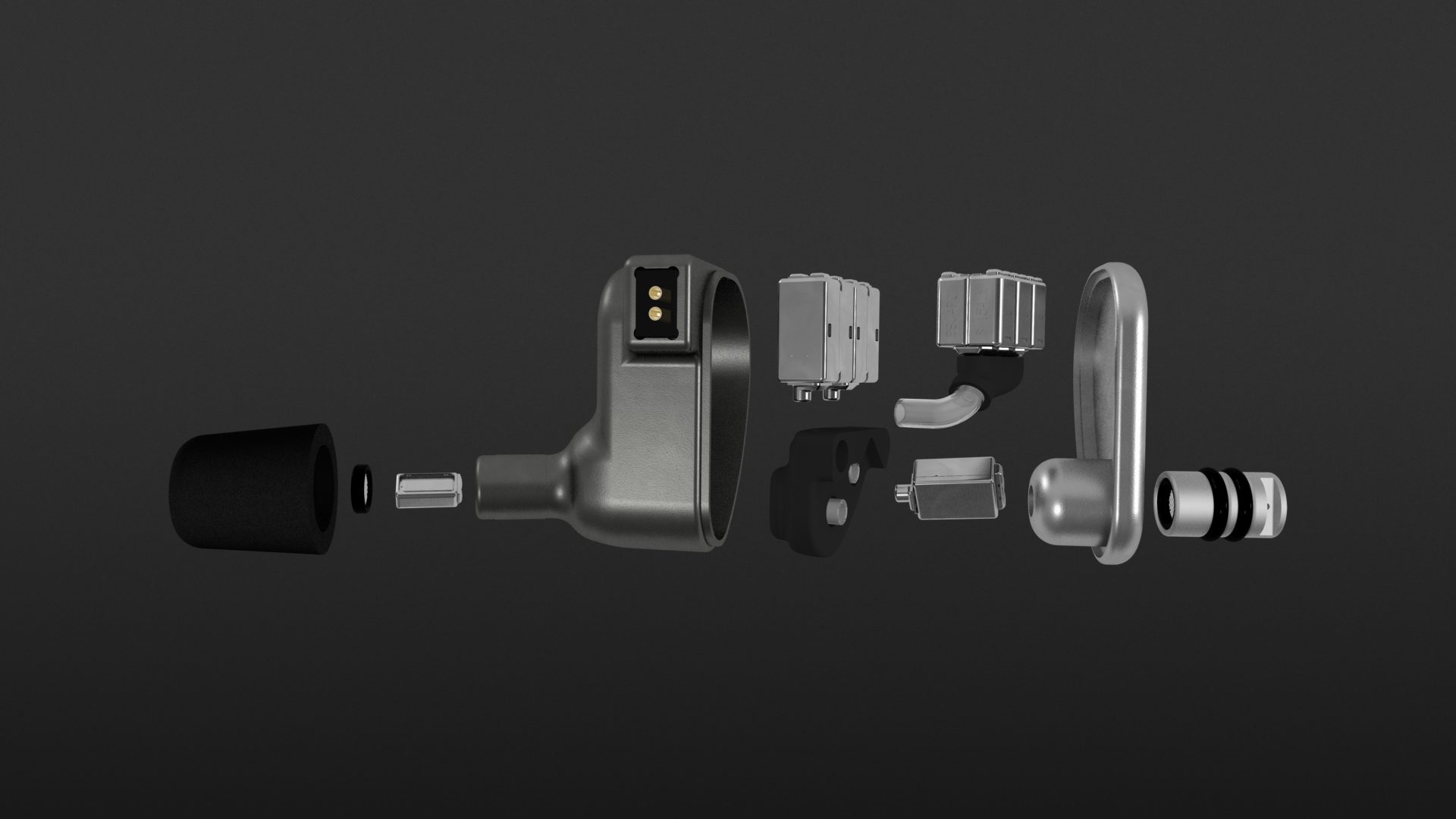

- #Audio overload 64 how to
- #Audio overload 64 drivers
- #Audio overload 64 update
- #Audio overload 64 driver
- #Audio overload 64 upgrade
Windows generally needs a few additional adjustments to ensure optimal performance for use with Live, and indeed any audio processing. If in doubt, make sure that this work is carried out by a professional computer technician.
#Audio overload 64 upgrade
Check to see if it's possible to upgrade any individual components in your computer (RAM, CPU, Hard Disk etc). For audio applications, the more powerful your computer, the better.

However even these minimum requirements may not be enough to cope with the workload, depending on how you use Live. Our minimum system requirements article lists the absolute minimum specifications required for Live to function. Underperforming computers may not be able to handle audio processing efficiently and this will increase the likelihood of audio crackles and dropouts. To avoid disk overload take the steps listed in our dedicated article: Avoiding Disk Overload. This is more likely to occur if triggering multiple large audio files at once. In this case the Disk Overload (D symbol) indicator will flash. If the hard disk cannot read or write audio quickly enough, you may hear dropouts. Make sure to close all other programs and processes on your computer which might be using valuable CPU resources. To reduce the CPU load in Live take the steps listed here: Reducing the CPU load in Live. When the CPU load on your computer is too high, you'll probably hear gaps, clicks or other audio problems in Live. Also check the computer's USB port to make sure it's free of dust and lint.Connect directly to the computer and not via a hub.

Check the connections and replace the cables/adaptors if necessary.
#Audio overload 64 drivers
Older interfaces may not have drivers available for your current operating system.Make sure that the audio interface drivers and firmware are completely up to date.
#Audio overload 64 driver
Check our dedicated article on Driver Error Compensation. Reset Driver Error Compensationĭriver error compensation set to extreme amounts may cause audio issues. Note: Many ASIO audio interfaces only allow the buffer size to be changed via their own control panels.
#Audio overload 64 update
#Audio overload 64 how to
In this troubleshooting guide we'll cover the most common reasons for these audio issues and how to resolve them. If the CPU load is too high and audio can't be buffered within the chosen buffer rate, then crackles, dropouts (gaps in playback), or glitches may occur during playback.


 0 kommentar(er)
0 kommentar(er)
